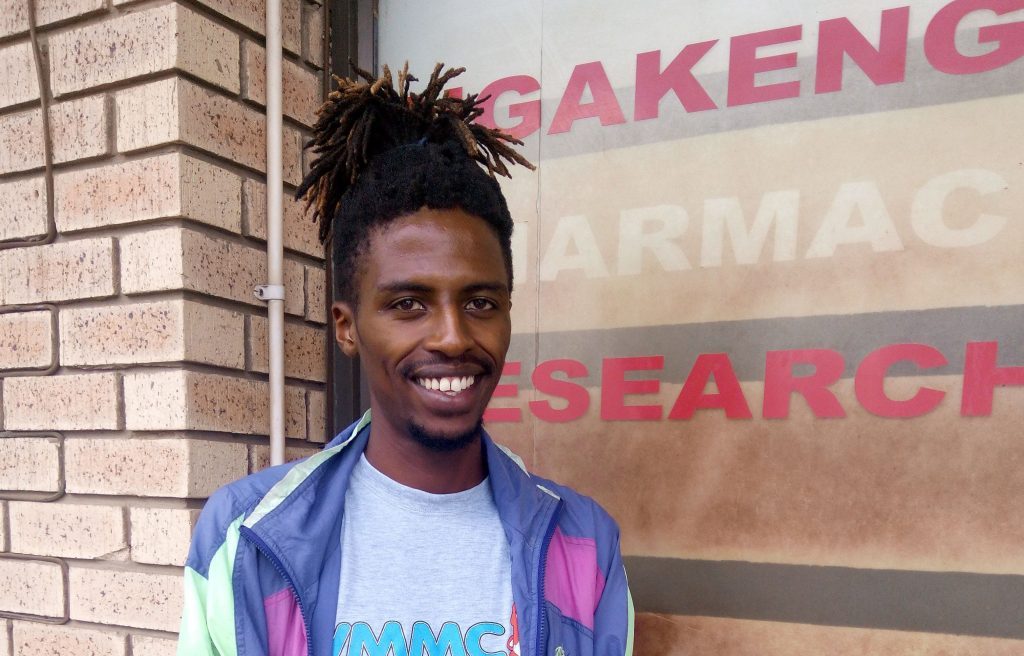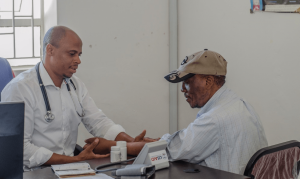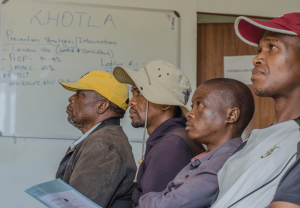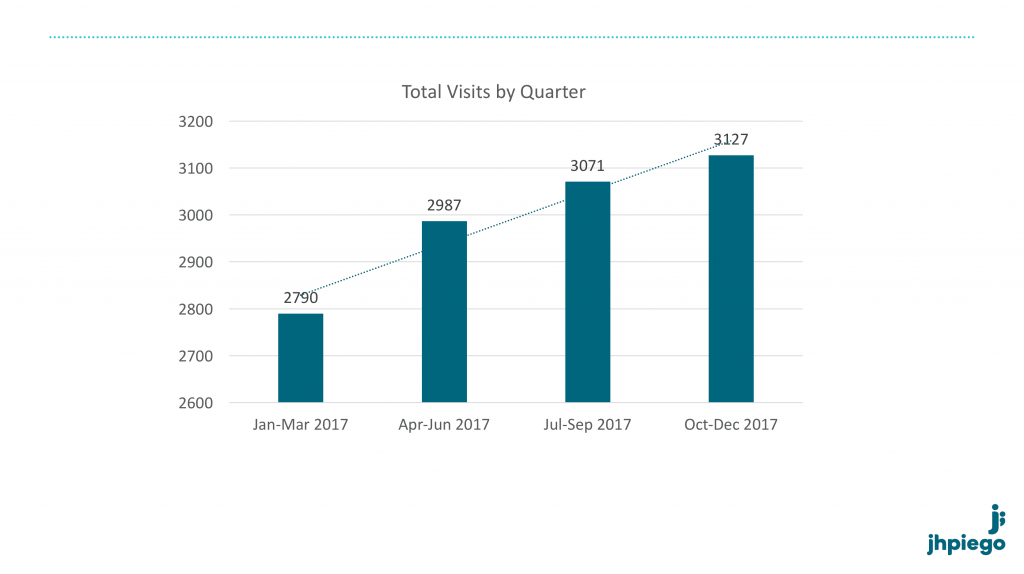
After learning about the men’s clinic at Scott Hospital from a colleague, Lebamang Moiloa decided to go there for HIV services and explore voluntary medical male circumcision, a key prevention intervention.
“I was nervous,” the 27-year-old student admitted. “I didn’t know what to expect. Who was going to assist me? How would I deal with the results?”
But the experience at Khotla—the clinic’s name means “where men gather” in Sesotho, the language of Lesotho—proved more than satisfactory. “The service was excellent,” said Moiloa. “I liked the fact that we were only men—it was private and friendly. I now understand all the HIV prevention methods, and I have encouraged friends at the village and school to seek information and services from the male clinic.”

Lesotho, a tiny, landlocked kingdom of 2.2 million people, nestled within the contours of South Africa, has the second highest HIV prevalence and highest TB incidence rate in the world. Men 15 and older account for the majority of AIDS-related deaths among adults, according to UNAIDS estimates for 2016. Despite those realities, men don’t routinely visit health facilities; many report a discomfort with attending a health system perceived to be mainly for women and children.
Recognizing a disparity in health coverage, Jhpiego, in cooperation with the Ministry of Health, set out in 2016 to offer men health services focused specifically on their needs. Today, with funding from the U.S. Agency for International Development, this male-friendly clinic aims to provide comprehensive services and promote a culture of routine health care utilization by men.

Male health providers staff the clinic. They received training in respectful care and were educated on health conditions specific to men. The clinic offers flexible hours to accommodate men who can only visit after work or on weekends. Khotla advertised its male-centered outpatient services on radio shows in Lesotho and through HIV/TB care and treatment groups. The results are tangible.
Moiloa’s upbeat reaction to the care he received at the clinic reflects the positive response the Jhpiego-supported initiative received. The clinic has experienced a steady increase in client visits in 2017, with a total of 11,975 over the 12 months.
Khotla is designed to provide men with comprehensive health services, including HIV and TB prevention, treatment, care and support, as well as care for other acute and chronic illnesses, such as hypertension, diabetes, sexually transmitted infections, respiratory tract infections and gastrointestinal conditions.


Of the 2,089 men tested for HIV in 2017, 254 (12%) had a positive result. They received treatment immediately or were referred to a health clinic closest to their home to begin treatment.
Taxi driver Mike Mokitlatlane praised the clinic for its convenience and attention to men’s needs.

“I’m normally very busy during the morning and evening hours when I transport [customers],” said Mokitlatlane, 36. “I prefer to go to the clinic midday when I’m not too busy. There are no long lines because it is open throughout the day. The male clinic has given us a lot of pride as men—it has given us respect and dignity.”
His endorsement underscores the need for and benefits of male-centered services to ensure healthy men and families.



